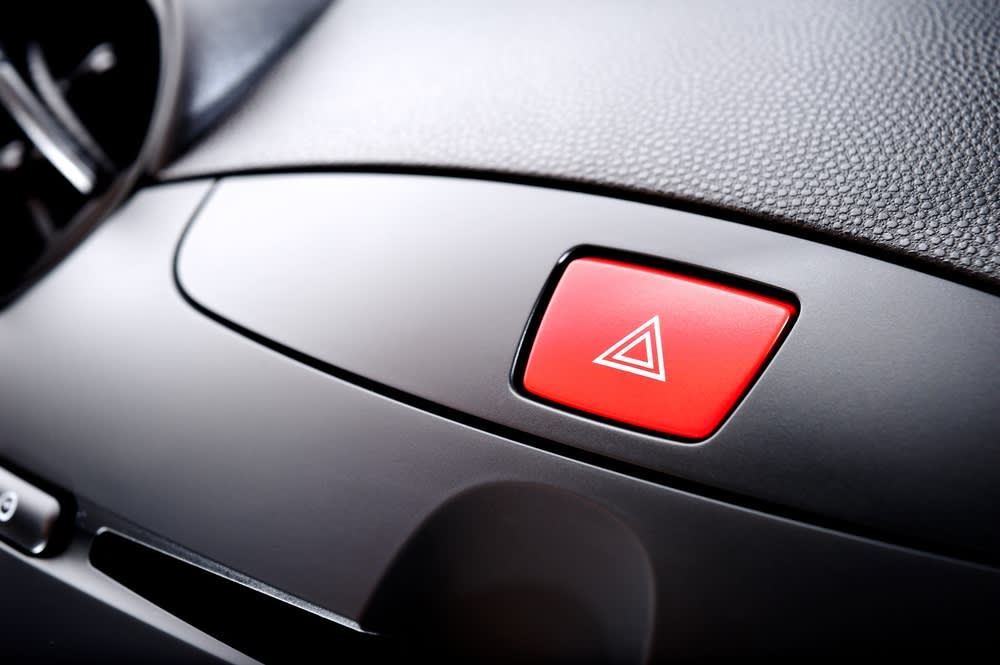

There are plenty of reasons why people decide to pop on their hazard lights, but only a few of the uses are actually legitimate. How do you know that you’re using your hazards appropriately? Here’s a hint: your inability to find a parking spot when you really, really need a coffee and a scone from your favorite coffee shop is not a legit use.
Legal Uses of Hazard Lights
In all states, when you are parked and need assistance it is perfectly legal to put on your hazards, but using them when you are driving varies from state to state. Some states allow you to drive with your hazards on anytime you would like to, while others only allow it if there’s an emergency you need to alert other drivers to, such as an accident or a natural disaster. Funeral processions are a universally-accepted use of hazard lights, and many states allow them as a way to aid visibility to other drivers in poor weather conditions.
Using Hazard Lights in Bad Weather
While only a few states consider this usage illegal, there are some considerations that you will want to take into account before turning on those blinking lights. While the visibility of your vehicle in snow, heavy rain or fog may be greater with the hazards on, it is also important to keep in mind that it’s tough to tell the difference between hazard lights and a blinker, so signaling to turn may be ignored and put you at a greater accident risk.
Dangers of Using Hazard Lights
Using your hazard lights can cause significant amounts of confusion for other drivers. They may be distracted when they see your hazards and start looking around for dangers – and miss something by taking their eyes off the road preemptively. This can result in traffic slowdowns and even more disruption to the standard traffic flow.
Best Uses of Hazard Lights
When your car is having trouble, when you are driving slowly, when your car is at a full stop due to difficulties or an emergency, and to let other drivers know of an upcoming road hazard—these are all acceptable uses of your vehicle’s hazard lights.
While hazard lights can cause problems in low light or be confusing to other drivers if there aren’t specific road hazards up ahead, they are incredibly useful to indicate to others that there is something to wake up and be aware of in the vicinity.



